In a comprehensive systematic review of 35 papers, researchers set out to assess the risk of bleeding following minor dental extractions in patients on various antiplatelet therapy (APT) regimens.
The study, conducted through an extensive search of PubMed and Google Scholar, sheds light on the nuanced landscape of bleeding risks associated with different APT protocols.
The meta-analysis, encompassing 23 papers with requisite information, established three key control groups for subcategorization: (1) no control, (2) healthy control, and (3) interrupted APT control. The studies were further stratified into immediate and delayed bleeding for a more nuanced analysis.
The results of the study bring forth crucial insights into the safety of dental extractions for patients on different antiplatelet therapies:
- Aspirin Monotherapy: Patients treated with aspirin alone did not exhibit an increased risk of immediate or delayed bleeding compared to healthy controls. The relative risk (RR) was reported as 1.26 (P = .5) for immediate bleeding and 2.17 (P = .09) for delayed bleeding.
- Single Nonaspirin APT: Those on single nonaspirin APT displayed a higher risk of immediate bleeding when compared to the healthy population (RR = 3.72; P = .0009).
- Dual APT: Patients receiving dual APT demonstrated a significantly higher risk of both immediate (RR = 10.3; P < .0001) and delayed (RR = 7.72; P = .001) bleeding in comparison to healthy controls.
- Dual APT Continuation vs. Interruption: Continuation of dual APT showed a higher risk of immediate bleeding (RR = 2.13) compared to interrupted APT, although the difference was deemed statistically insignificant (P = .07).
Conclusions:
The findings of this research offer important guidance for dental practitioners.
Extractions can be conducted safely in patients on aspirin monotherapy, with no discernible increase in bleeding risk. However, caution is advised for patients on single nonaspirin APT, as they demonstrated a higher risk of immediate bleeding.
For patients on dual APT, the study underscores a substantial risk of both immediate and delayed bleeding. Additionally, the continuation of dual APT appears to carry a higher immediate bleeding risk compared to interrupted APT, although further research may be needed to confirm these observations.
Dental professionals are encouraged to consider these findings when planning extractions for patients on antiplatelet therapy, tailoring their approach to ensure patient safety and optimal outcomes. The study contributes valuable evidence to the ongoing dialogue on balancing dental procedures with the potential bleeding risks associated with various antiplatelet regimens.
- Source: DOI: 10.1016/j.oooo.2023.10.006

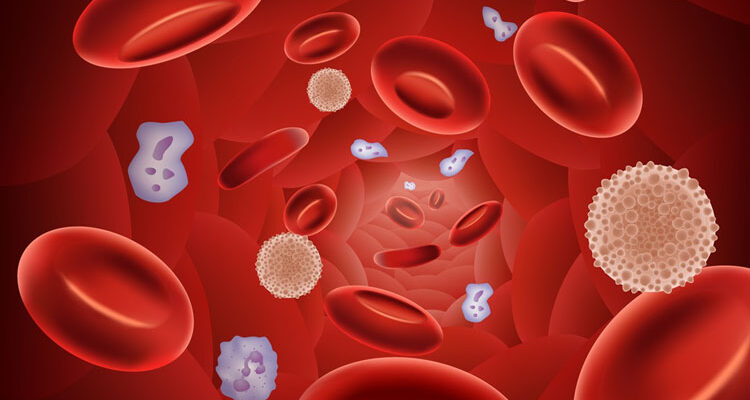




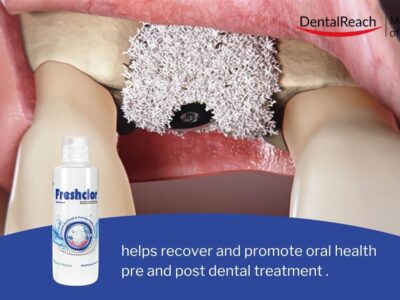
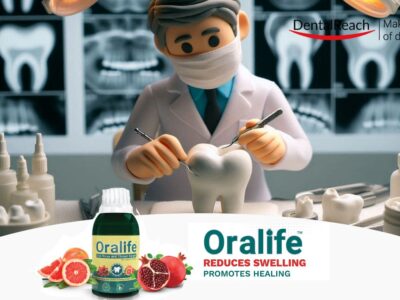
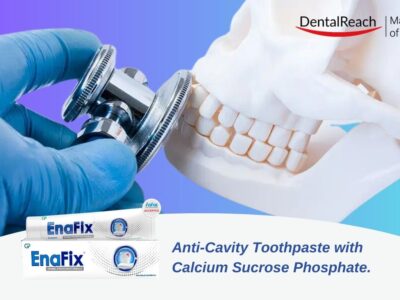
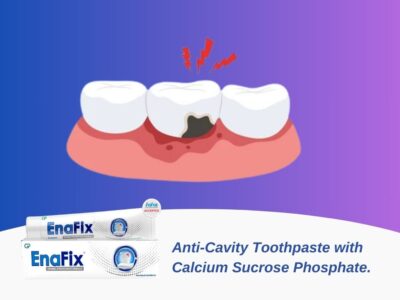
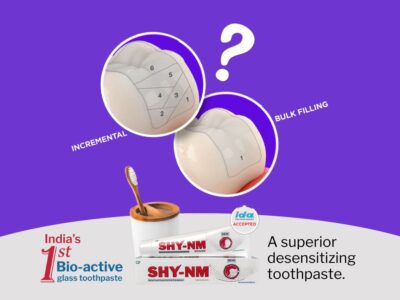








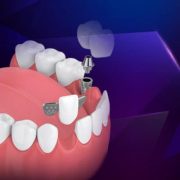
Comments